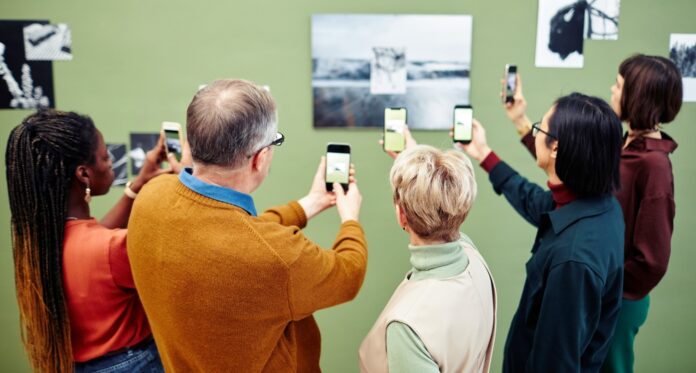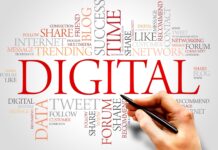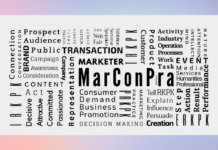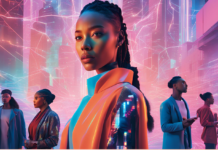Businesses are constantly on the lookout for effective strategies to capture the attention of their audience. Among the most influential tools in a marketer’s arsenal are social media platforms and events. These channels not only engage potential customers but also build brand awareness and foster community interaction.
Social Media: A Digital Megaphone
Social media platforms like Facebook, Instagram, LinkedIn, and Twitter have revolutionized the way businesses communicate with their audience. According to a 2022 report by Statista, over 4.6 billion people worldwide use social media, representing a significant opportunity for brands to reach a vast audience. The dynamic nature of social media allows businesses to create compelling content that resonates with their target market. For instance, interactive posts, live videos, and stories can engage users in real-time, fostering a sense of immediacy and connection. As per Hootsuite’s 2023 Social Trends survey, 76% of marketers believe that social media is crucial for their marketing strategy, highlighting its importance in driving consumer engagement.
Events: Bringing Brands to Life
While social media is invaluable for digital engagement, live events offer a more tangible connection. Events such as trade shows, product launches, and networking meetups provide an opportunity for businesses to showcase their products and services in a more interactive setting. A study by Eventbrite found that 79% of marketers generate sales using event marketing strategies, emphasizing the effectiveness of face-to-face interactions in driving business growth.
Events also create memorable experiences that can enhance brand loyalty. By giving attendees a firsthand look at what a brand stands for, events can transform casual interest into genuine enthusiasm. Moreover, the buzz generated from events often spills over into social media, creating a synergistic effect that amplifies a campaign’s reach.

The Synergy of Social Media and Events
When combined, social media and events can significantly amplify a business campaign’s impact. Social media can be used to promote upcoming events, engage audiences during the event, and sustain momentum afterwards. For example, live tweeting from an event or sharing behind-the-scenes content can create a buzz, while post-event highlights can keep the conversation going.
In conclusion, integrating social media with event marketing offers a powerful strategy for businesses aiming to capture and maintain audience attention. By leveraging the immediacy of social media and the personal touch of live events, brands can create engaging, memorable campaigns that resonate long after the initial interaction. This dual approach not only maximizes reach but also strengthens the overall impact of a business campaign.


























